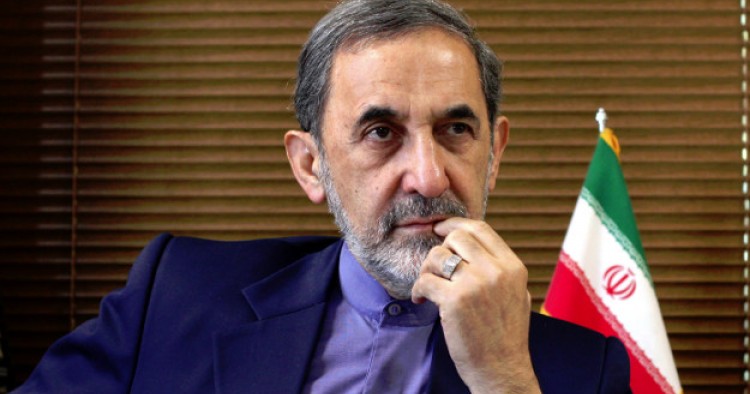Iranian officials on Friday reacted angrily to the latest U.S. Senate decision to impose new sanctions against Iran. Ali Akbar Velayati, a senior aide to Supreme Leader Ali Khamenei, said the Senate bill was a violation of the Joint Comprehensive Plan of Action – the nuclear accord Iran signed with the United States and five other world powers in July 2015. "The U.S. Senate’s action to reinstate sanctions against our country is undoubtedly against the spirit and the substance of the J.C.P.O.A.,” he was quoted by the Iranian state media as saying. “The [Iranian] committee tasked with monitoring the J.C.P.O.A. will certainly analyze the issue and appropriately respond to U.S. sanctions,” he added.
Iran’s Foreign Ministry also criticized the sanctions bill and stressed the Islamic Republic will take retaliatory actions – without elaborating. Bahram Ghassemi, the ministry’s spokesman, said Tehran considers the new sanctions bill as “the continuation of America’s personal hostilities against the Islamic Republic of Iran.” He added that the Iranian government “is carefully analyzing the text of this legislation and monitoring the process of its approval in the [U.S.] House of Representatives and its potential signing by the American president.”
Comment: On Thursday, the U.S. Senate overwhelmingly passed a legislation that would impose new sanctions against Iran and Russia. The legislation still needs to be approved by the House of Representatives and signed by President Donald Trump to become law. It specifically targets Iranian entities associated with the country’s controversial ballistic missile program, support for terrorism and human rights abuses.
It is not yet clear how Tehran will respond to the new U.S. sanctions. Tough rhetoric aside, Tehran’s response to the U.S. sanctions in recent months has been largely symbolic. Last month, for example, Iran sanctioned nine American entities that do not do business with Iran in retaliation to the U.S. Treasury’s sanctions against the country. In a similarly retaliatory action in March, Iran blacklisted 15 American companies in response to new sanctions by the Trump administration targeting the Iranian missile program.
But Tehran has stressed that its response will be more serious if nuclear-related sanctions are reinstated. Foreign Minister Javad Zarif at one point threatened to walk away from the nuclear deal if it no longer served Iran’s interests. Moreover, the chairman of the Iranian Parliament's National Security and Foreign Policy Commission last month warned that the Islamic Republic would designate the U.S. Army and the Central Intelligence Agency as terrorist entities if Washington blacklisted the Islamic Revolution Guards Corps (I.R.G.C.).
The Middle East Institute (MEI) is an independent, non-partisan, non-for-profit, educational organization. It does not engage in advocacy and its scholars’ opinions are their own. MEI welcomes financial donations, but retains sole editorial control over its work and its publications reflect only the authors’ views. For a listing of MEI donors, please click here.












